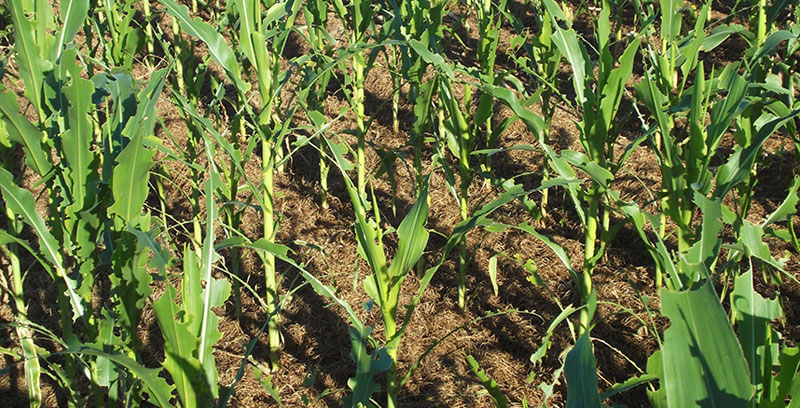News
Armyworm frustrates Teso farmers efforts
The Devastating Fall Army worm continues to wreck havoc in Teso region as reports indicate the caterpillars have strayed from maize and have started devouring millet, sorghum in several parts of Teso.
The pests have left many farmers in most districts devastated by the losses encountered so far, even as the food scarcity rages on across the sub region.
Although the impact of the pest has largely diminished in most parts of the country due to heavy rainfall and chemical spray, Teso region continues to suffer because of some hot weather in recent weeks. The pest becomes more active in hotter conditions.
Reports from the district production department of Amuria district reveal that the damage caused by the army worm has left most maize and cassava plantations dry or rotten.
In Aloet parish in Arapai Sub County, Soroti district, more than 350 acres of millet and cassava gardens have so far been destroyed by the Army worm.
“Following an outcry recently from us in Aloet, we were only given a bottle of the pesticide for the whole parish, but this has not helped rescue the situation,” said Solomon Omoding, a farmer in Aloet
Farmers in Katakwi district which has been worst hit by famine, have not been spared either by the pest as they embark on serious agriculture even as the rains return.
The Sub County chief for Palam parish in Katakwi district Nelson Oyala identified the most affected villages as Oliangoi, Palam, Amuturo, Arusiakan, Aramun, and Alleles,
The damage caused by the armyworm devastation has sparked alarm from some local leaders who now appeal to government to avail pesticides to the affected areas to rescue the situation.
Speaking to The Sunrise, Moses Emabu the chairperson production, Works and Natural Resources Amuria district noted that they have received reports from many places including Orungo county, Onyonga parish that have been affected by the Army worm.
“We have already brought the matter to the attention of the Agriculture authorities, Emabu explained earlier.
However, Andrew Leru, the chief Administrative Officer (CAO) for Amuria district confirmed the incident adding that the army worm had been forwarded to the Ministry of Agriculture and only awaiting a response.
What is army worm?
According to Agriculture experts, the armyworm is an alien pest in Africa with origins in Central America. It is characterised as a drought pest with a very the capacity to cause 100 percent destruction to crops such as maize.
Since it was reported in June last year in districts like Kasese, Isingiro, the armyworm has spread to more than 70 districts countrywide. The government has intervened by distributing pesticides to a few farmers. Other countries like Kenya, Rwanda, Malawi have also been hard hit.
Agricultural experts say there are resistant varieties that are resistant to the pest but need regulatory approval to be given to farmers.
When is the Army worm most Common?
Moses Emabu, the chairperson on the production Committee of Amuria district, the prolonged drought season in parts of Teso made the situation worse.
Armyworms usually feed at night and damage corn by chewing leaves. They prefer to feed on the succulent leaves in the whorl first.
The full-grown 1-1/2 inch armyworm has a greenish brown body with a thin stripe down the centre and two orange stripes along each side. The head is brown with dark honeycombed markings.
Eggs are small, greenish-white, globular, and laid in clusters of 25 or more on the leaves of grasses.
Control
Preventive treatments for armyworms are not justified. Although it may appear as if the preventive treatments are very effective, keep in mind that majority of fields will have some armyworms in most years, but the chance of encountering an infestation that economically justifies the cost of treatment is small on a field by field basis.
Only rescue treatments are recommended for armyworms in corn. Spot treatments can usually provide effective control of field-margin infestations.
Comments



















